Meetings are held at the Te Awa Lifecare Woolshed, 1866 Cambridge Road, Cambridge, from 10am for 10.30 until 12.00 noon on the second Friday of each month.
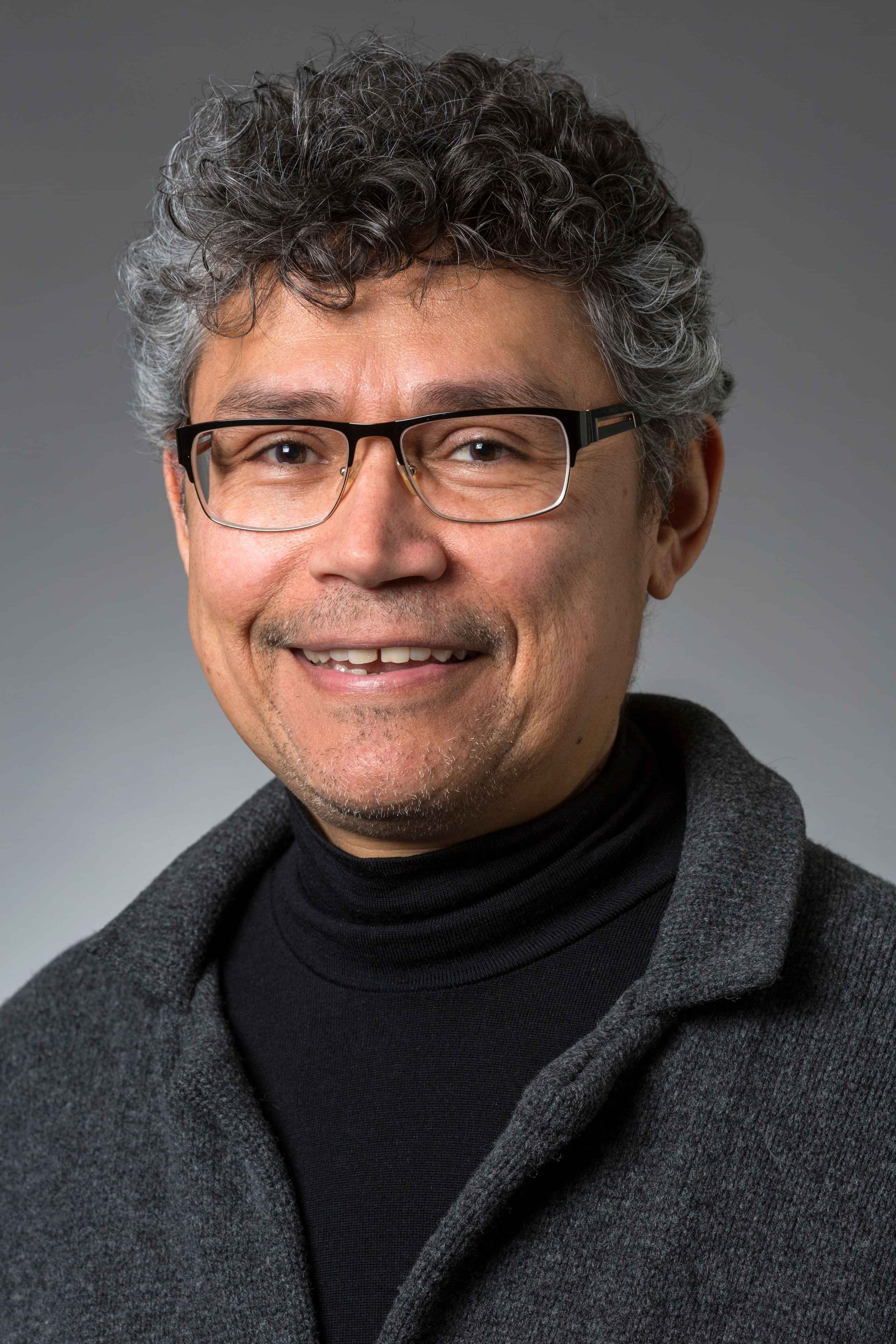
Friday July 11th, 2025 - Dr Vladimir Pacheco - Displacement, Trauma and Identity: a migrant's journey from fear to resilience.
Vladimir Pacheco is currently Associate Professor at the School of Culture and Society, Aarhus University, Denmark. His current research interests include socio-economic impacts and governance of non-renewable resource extraction in the Arctic, Latin America and the South Pacific. Previous to this position Vladimir held senior roles in Australia with the Foundation for Development Cooperation, the Centre for Social Responsibility in Mining and consulting firm WorleyParsons.
His latest publication is a chapter in a book titled “Ideology, Post-ideology and Anti-Ideology in Latin America” published by Bloomsbury Academic.
Talk background
In 2021, there were approximately 25 million refugees and 50 million internally displaced people (IDPs) in the world. Conflict, disasters and economic development are the main reasons for these forced movements with no signs of abatement.
At the same time, aspirations for the inclusion of displaced peoples are declining in many parts of the world, as exemplified by the rise of ultranationalist and/or populist politics. The accompanying xenophobic rhetoric portrays vulnerable migrants and internally displaced peoples as dangerous “others” undeserving of citizenship or any rights. From this perspective, very little is said about the traumas refugees have experienced.
Using a combination of publicly available information and biographical material, this talk aims to raise the issue of citizenship for vulnerable people in times of adversity and to raise the debate for building an inclusive, diverse and cosmopolitan society that allows for the understanding of differences, as well as the construction of personal identities that can resolve trauma by reconstructing the immigrant role in the host society. The talk will be given by Dr. Vladimir Pacheco Cueva, who became a refugee after fleeing El Salvador in 1981. He will talk about how his experiences mirror the larger humanitarian trends of the last 40 years.
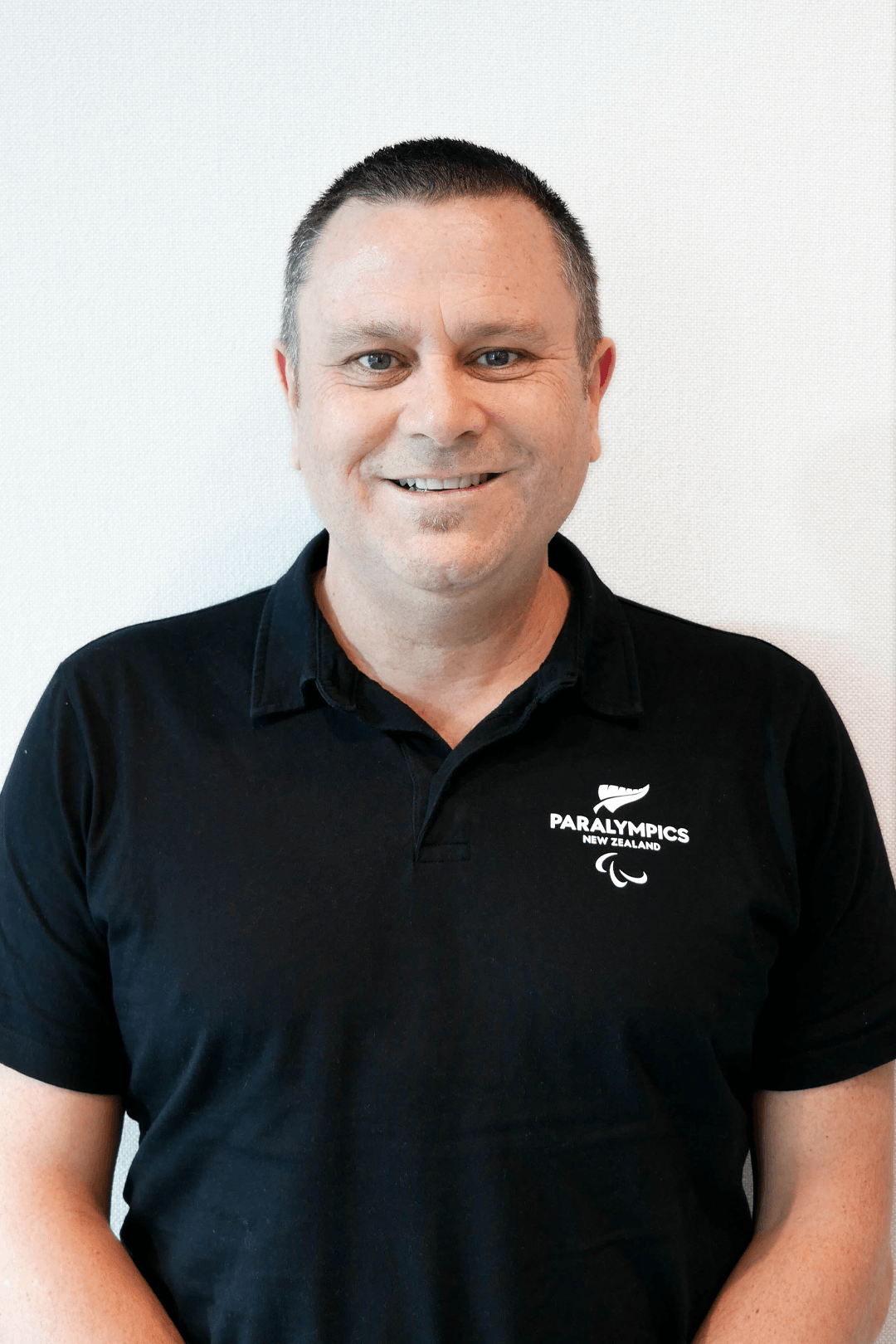
Friday August 8th, 2025 - Greg Warnecke - CEO Paralympics New Zealand - Disability - #SomethingToTalkAbout
As Chief Executive Officer and Secretary General, Greg is responsible for leading Paralympics New Zealand, working in conjunction with the Board, our key Partners, Stakeholders and the wider PNZ Team, to the achievement of the organisation’s strategic objectives and vision, that through Para sport, lives will be transformed.
Roles in sport and global events have been a key part of Greg’s career. These are complemented by a passion for disability sport, volunteering, and governance. Early roles in professional basketball and University sport led to executive roles delivering large-scale global sport events. Greg was part of the team which delivered the Commonwealth Games in Melbourne and Glasgow, the World Masters Games 2017 in New Zealand, an Aquatics World Championships, and ICC Cricket World Cup and Cricket World Test Championship Final events.
Greg will share insights from Paralympics New Zealand’s first social change marketing campaign, which showcased the NZ Paralympic Team and New Zealand’s Paralympians competing at the Paris 2024 Paralympic Games. And include some of the other experiences along the journey in delivering global sport events.
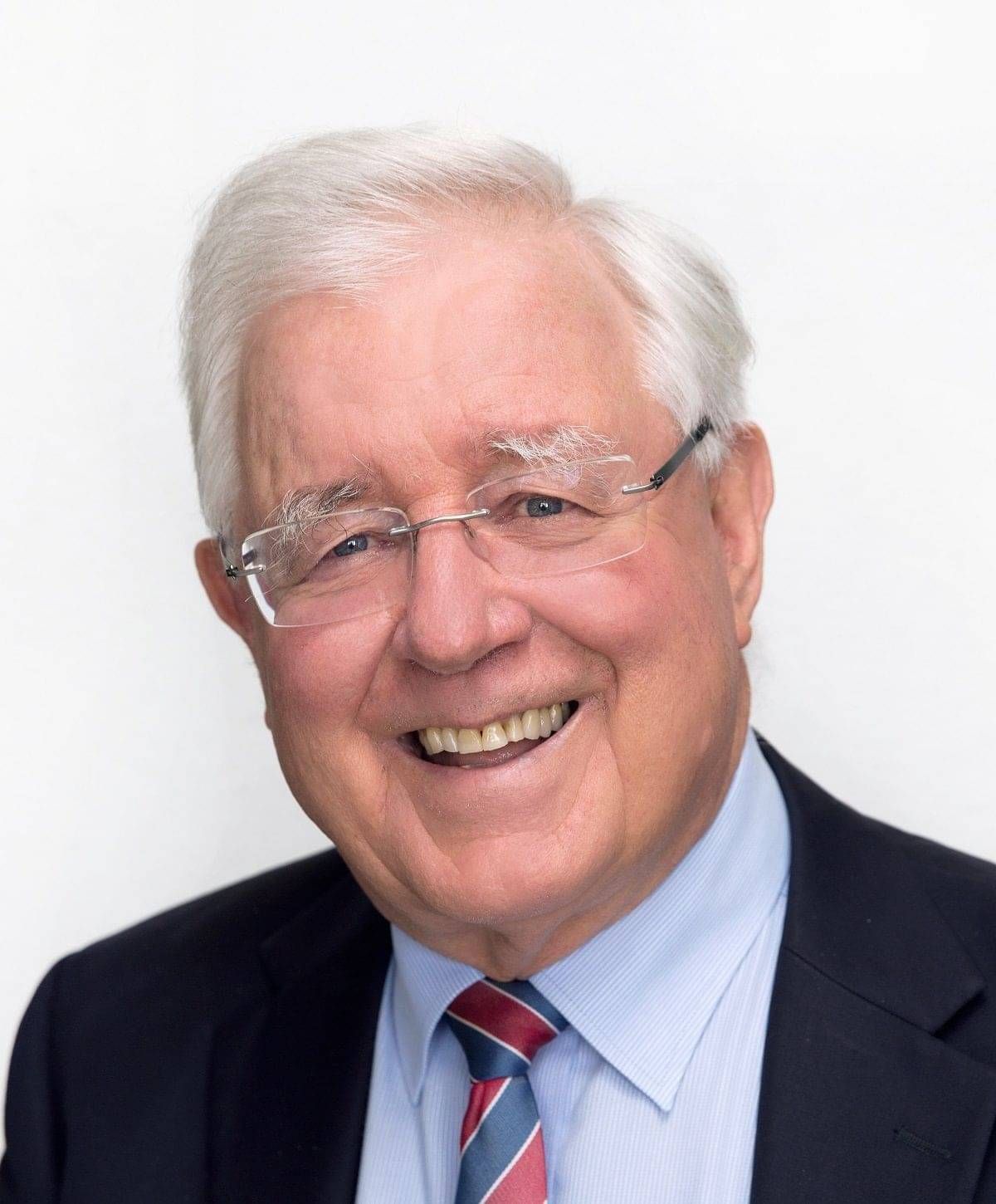
Rescheduled - Friday September 26th - NOTE DIFFERENT VENUE - Bridges Church Auditorium - Sir Richard Faull - The marvels of the human brain and the challenges of Alzheimers and the Ageing brain
Sir Richard FAULL KNZM, BMedSc, MB, ChB, PhD, DSc, FRSNZ
Sir Richard Faull (Te Āti Awa, Ngāti Rāhiri) is a Distinguished Professor and Director of the Centre for Brain Research at the University of Auckland.
During his 46 years at the University he has established an international reputation for his research studies on the normal and diseased human brain (Alzheimer’s, Huntington’s, Parkinson’s and epilepsy) and has established an international leading Human Brain Bank with the generous support of families to promote worldwide research on human brain diseases. His research group has revolutionised our knowledge on the human brain by showing that, contrary to dogma, stem cells are still present in the adult human brain and have the potential to make new brain cells and repair the brain throughout life.
His contributions to research on the human brain have been recognized by appointment as a Fellow of the Royal Society of New Zealand (1998) and he was awarded: the Liley Medal by the Health Research Council of New Zealand in 2005; New Zealand’s highest scientific award, the Rutherford Medal, in 2007 by the Royal Society of New Zealand for outstanding contributions in science; and, received the Supreme Award in the 2010 World Class New Zealand Awards.
In 2012 he was appointed Distinguished Professor at the University of Auckland and awarded a knighthood by the Queen in 2017 for his contributions to brain research.
In the 2023 international ranking of neuroscientists he is ranked #1 in New Zealand #347 in the world https://research.com/
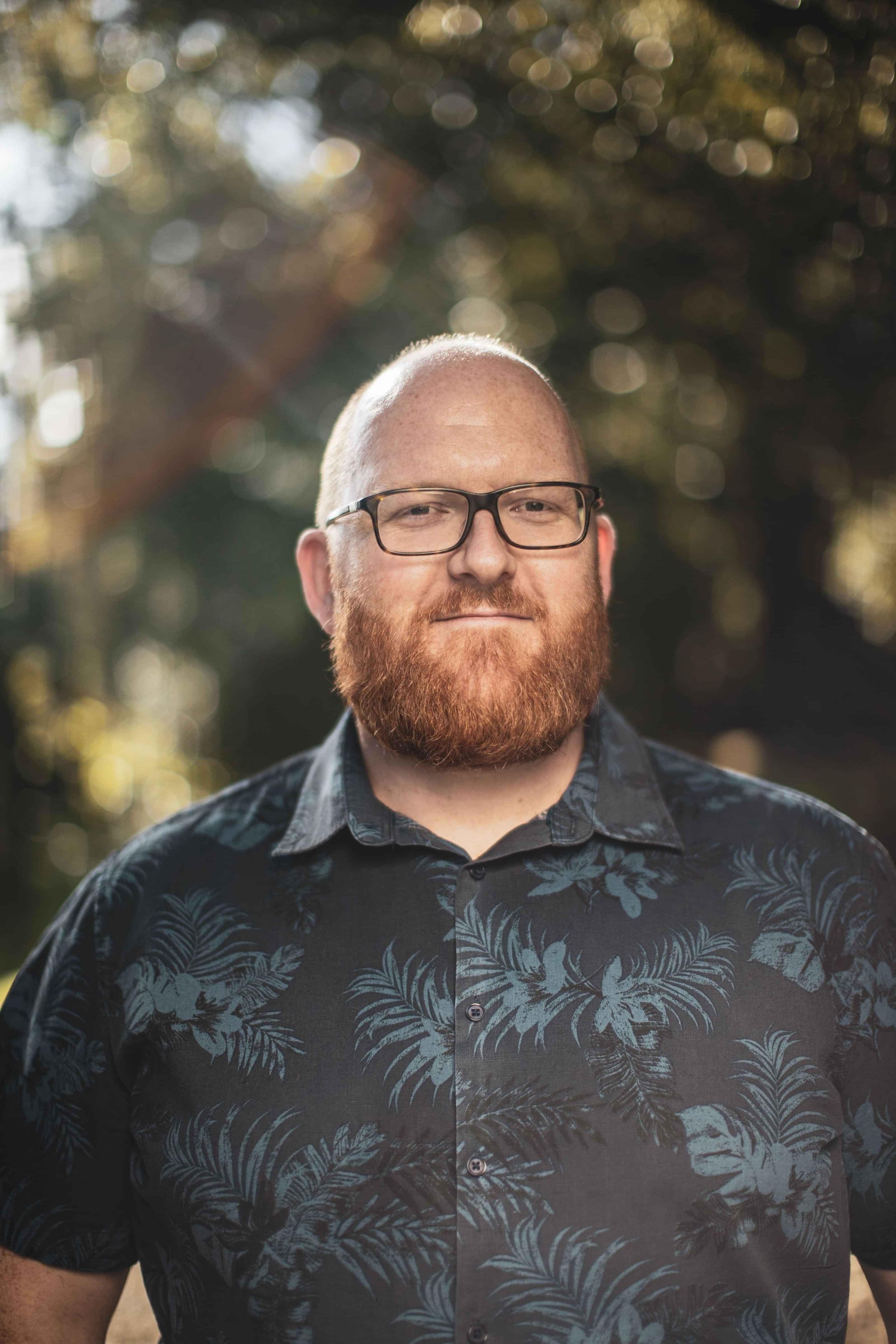
Friday August 22nd, 2025 - SPECIAL PARTNERSHIP HISTORY LECTURE - Craig Hoyle - Excommunicated: Two centuries of complicated family history
Craig Hoyle was born in Kirikiriroa Hamilton into the Exclusive Brethren, an isolationist sect that shuns social contact with the outside world. After facing interrogations and conversion therapy for his sexuality, Craig was excommunicated from the Brethren and lost his family in 2009.
Today he is chief news director for the Sunday Star-Times. His book, Excommunicated, is a multigenerational memoir tracing 200 years of his family’s history, using letters, records and interviews to explore how his forebears became associated with the Brethren movement, and the subsequent impact over seven generations. Craig lives in Tāmaki Makaurau Auckland.
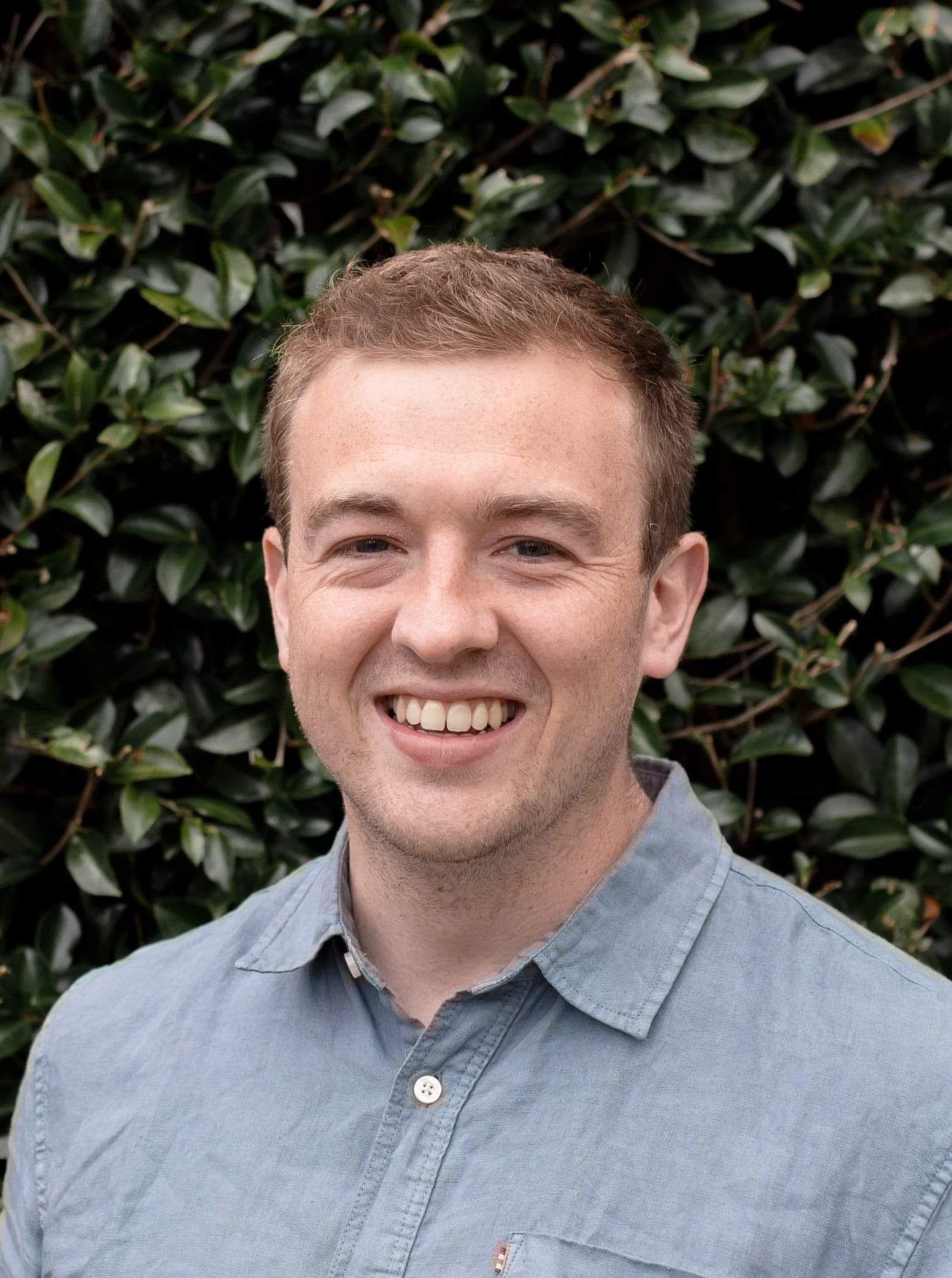
Friday 12th September 2025 - Dr Luke Harrington - How extreme weather will respond to a warming world in Aotearoa
“Dr Luke Harrington is a Senior Lecturer in Climate Change at the University of Waikato and leads the Climate Extremes and Societal Impacts (CLESI) research group. His team uses state-of-the-art climate models to understand how climate change influences observed extreme weather events around the world, with a focus on why some communities experience more significant changes than others. Work led by Harrington was the first to quantify the attributable role of climate change for the 2012/13 NZ drought, the extreme rainfall associated with Cyclone Gabrielle, as well as several studies focusing on extreme heat in NZ and globally.
In its 2022 edition, Harrington was the first New Zealander to feature in the ‘Healthcare and Science’ section of Forbes 30 under 30 Asia. He was a lead author on a 2021 OECD report examining losses and damages from climate change. He was also the 2023 recipient of the New Zealand Meteorological Society's Kidson Medal and Winner of the Emerging Scientist Award at the 2023 KuDos Awards.”

Friday October 10th, 2025 - Simon Keable-Elliott - Utterly immoral, WW1 chaplain Robert Keable and his scandalous novel
After 25 years as a Politics teacher Simon now works as a writer and lecturer living in London, UK. He has written for The Journal of the Society for Army Historical Research, The Church Times, The History News Network and Genealogy Today and published his first book, Utterly Immoral last year.
He is an accredited lecturer for the Arts Society and also a regular speaker at events run by the Western Front Association, U3As and Family History Societies. Simon is Robert Keable’s grandson.
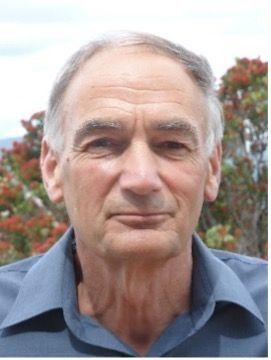
Friday November 14th, 2025 - Dr Adrian Macey - New Zealand as a small state – how do we deal with the big ones?
Adrian Macey is an Adjunct Professor, New Zealand Climate Change Research Institute (School of Geography and Earth Sciences), Te Herenga Waka Victoria University of Wellington. He is also a fellow of the Institute of Advanced Studies, Nantes, France, where he was resident in 2019.
He previously served in various positions in the New Zealand Ministry of Foreign Affairs and Trade, in New Zealand, France, Samoa (responsible for Tokelau) and Switzerland. His roles have included Chief Trade Negotiator, ambassador to Thailand and to France, permanent representative to the OECD, and New Zealand’s first climate change ambassador. He was vice-chair, then chair of the United Nations Kyoto Protocol climate change negotiations in 2010-2011.
He has served on a number of GATT and WTO dispute settlement panels, most recently as Chair in a dispute between the European Union and China involving intellectual property.
His research interests include climate change policy, the science-policy connections, international governance, and trade.
******************************************
Title of talk
New Zealand as a small state – how do we deal with the big ones?
One often hears the comment that New Zealand ‘punches above its weight’. This suggest that New Zealand manages to have an influence in the world out of proportion to its size. But is this really so? And to the extent that it may be true, how do we do it?
How we deal with countries which dwarf us in importance is a key to defending our own interests in the world. The talk will focus on New Zealand ’s relations with China, the United States and Europe, both bilaterally (country to country issues like trade) , regionally in the South Pacific, and on the international stage, over global issues like climate change.
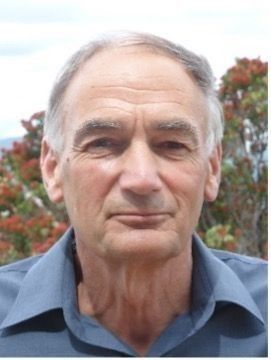
Friday November 14th, 2025 - Dr Adrian Macey - New Zealand as a small state – how do we deal with the big ones?
Adrian Macey is an Adjunct Professor, New Zealand Climate Change Research Institute (School of Geography and Earth Sciences), Te Herenga Waka Victoria University of Wellington. He is also a fellow of the Institute of Advanced Studies, Nantes, France, where he was resident in 2019.
He previously served in various positions in the New Zealand Ministry of Foreign Affairs and Trade, in New Zealand, France, Samoa (responsible for Tokelau) and Switzerland. His roles have included Chief Trade Negotiator, ambassador to Thailand and to France, permanent representative to the OECD, and New Zealand’s first climate change ambassador. He was vice-chair, then chair of the United Nations Kyoto Protocol climate change negotiations in 2010-2011.
He has served on a number of GATT and WTO dispute settlement panels, most recently as Chair in a dispute between the European Union and China involving intellectual property.
His research interests include climate change policy, the science-policy connections, international governance, and trade.
******************************************
Title of talk
New Zealand as a small state – how do we deal with the big ones?
One often hears the comment that New Zealand ‘punches above its weight’. This suggest that New Zealand manages to have an influence in the world out of proportion to its size. But is this really so? And to the extent that it may be true, how do we do it?
How we deal with countries which dwarf us in importance is a key to defending our own interests in the world. The talk will focus on New Zealand ’s relations with China, the United States and Europe, both bilaterally (country to country issues like trade) , regionally in the South Pacific, and on the international stage, over global issues like climate change.
